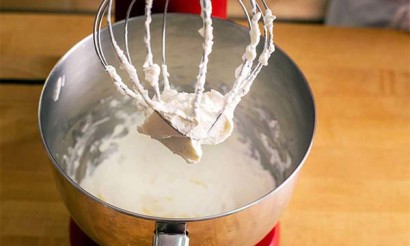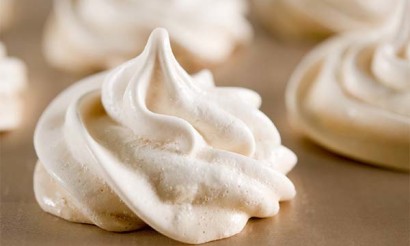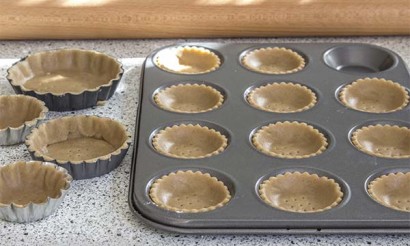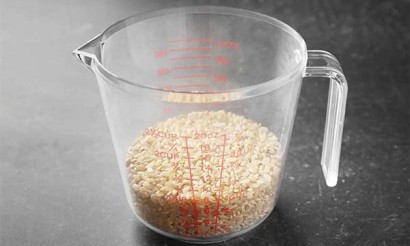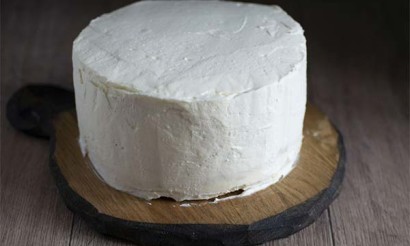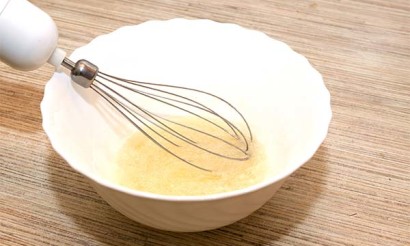How to check the freshness of eggs: 5 ways
Chicken eggs are an excellent food, without which no family breakfast, lunch or dinner can do without. Very often they are eaten as a separate dish, with mayonnaise, bread, sausage and other products, as well as preparing glazed eggs, omelets, a variety of sweet desserts based on them and many other delicious dishes. Because of time constraints, many housewives stock up on eggs in large quantities and then use them as needed.
Nowadays, grocery stores and supermarkets have a huge selection of different categories of eggs. And, of course, they are not all sold out on the same day, so their shelf life is always different. And many women when buying eggs sometimes question themselves about their freshness. After all, it will depend on the taste of the prepared dish. How do you know how fresh they are if they all look the same in the store? In this article, we will talk about some great ways to check the freshness of eggs, which can be easily done in the home, as well as describe some rules for storing this product and extending the shelf life.
How long can you keep eggs
The freshness of a chicken egg depends on how it was stored when produced. There are the following types:
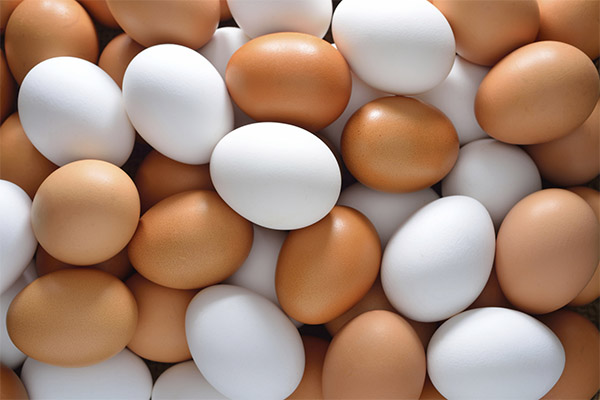
- Dietary - very fresh, at low temperatures the shelf life should not reach more than one week.
- Table - of medium freshness, their shelf life in a normal room or kitchen can reach up to 1 month, in the refrigerator - up to three months.
Some housewives like to boil eggs for their family for breakfast. And very often boiled they are not completely eaten, remain in the refrigerator. In this form they can be perfectly preserved for up to 2 weeks - if we are talking about hard-boiled eggs, in the case of boiled soft-boiled - no longer than 48 hours.
Sometimes after buying eggs there are a lot of cracked or slightly chipped shells. It is recommended to keep them only in the refrigerator and no longer than three days. The same applies to peeled boiled eggs and broken raw eggs.
Eggs that have been dyed with onion husk and food coloring for Easter should be kept in the refrigerator and no longer than 14 days. If the coloring was made with artificial dyes, then the storage period may increase by 1-2 days. In the case of decorating with colorful thermal film, which does not let the air in and strongly reduces the freshness of eggs, it is recommended to consume them completely in three days.
The shelf life of homemade eggs can reach up to three months, but only in the cold. If homemade eggs are bought at the market, even from a familiar seller, it is not recommended to store them for a long time, as they may not be harvested all at once, but in parts over several days.
A suitable place to store eggs properly
Almost everyone stores eggs on the refrigerator door, on a specially designed shelf. However, they cannot be stored in this place, because the door is often opened, there is a significant temperature drop, which negatively affects the freshness and further taste. The most proper place for storage is considered a special vegetable compartment or a closed container where warm air does not enter when the door is opened. A suitable temperature for eggs should be kept from +2 to +4 degrees.
Eggs should not be washed before putting them in the refrigerator, because their shelf life is reduced by several weeks. During washing the protective film disappears, the pores open, so germs have an opportunity to penetrate. Eggshells are too porous and quickly absorb different odors, which is why it is recommended to store them only in closed boxes or containers. Eggs should be placed in a container with the tip pointing down; this position keeps the yolks in the middle and allows oxygen to penetrate better into the contents.
Some women store eggs in cupboards and pantries, putting them in metal pots or other containers. Such storage is only possible if the temperature in the room does not reach 20 degrees. Eggs can stay fresh for up to 21 days. It is very good if each egg is wrapped in newspaper or any other paper and laid with the sharp end down. It is often recommended to use for storage indoors a salt solution, which can be prepared as follows: pour water into any bucket, measuring with a mug, and pour 1 tablespoon of salt per liter. Immerse the eggs in such a solution and put it in a cool, dark room. The storage period in this case increases to 30 days.
How to determine the freshness of eggs
It is easy and fast to determine the freshness of eggs at home. There are several ways to do this that have been tested for decades.
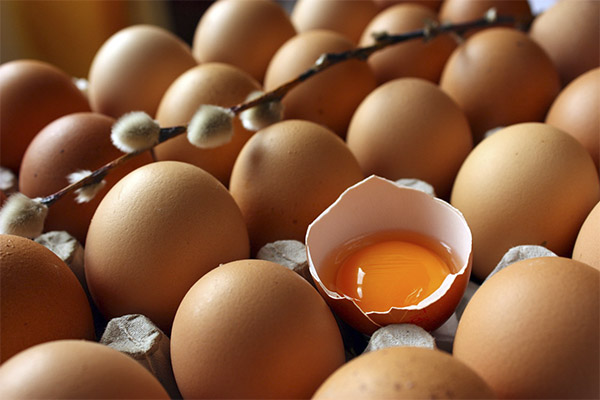
By labeling
Eggs that are produced in a poultry farm, that is, laid by production hens, are always marked with a special marking that shows the date of production and release. It is by this marking you can easily find out how fresh the product is.
Different types of eggs are marked with different colors, dietary eggs are in red, and table eggs are in blue. Also, apart from the time of release, a category of eggs is specified: CB - the highest (large to 75 g); CO - select (medium size from 65 to 74 g); the first (C1) - from 55 g, second (C2) - from 45 g, third (C3) - from 35 g. When buying always look closely at the date of production and buy eggs from companies in your own region.
By lumen
With a special device called an ovoscope, you can easily check eggs for freshness. But if you do not have such a machine, you can simply hold each egg up to a high-powered lamp. If you can see that the yolk is in the middle, the product is fresh and edible. In the case of visible darkening, the product has lain for a week or two, but you can still consume it. If an egg is not translucent at all, then it is spoiled, and it is no longer edible.
The following factors may also indicate that the egg is spoiled: an air layer between the shell and the protective film of more than 9 mm, a blood ring or large blood clots (but small blood spots are still allowed, they can easily be removed with a normal fork or knife). With an ultraviolet lamp, a fresh egg can be identified by a bright red color, a spoiled one by a light violet or gray color.
Dipping it in water
This is probably the most popular and easiest way to tell if an egg is fresh by dipping it in water. It was used in the old days by all the grandmothers and great-grandmothers, when there was no place to store the eggs, and no one knew the rules of the GOST. To do this, you need a tall glass filled to half capacity with cold water. Eggs are immersed in the water one by one. A fresh egg is on its side at the bottom, a recently laid egg lies at an angle, a week-old egg remains in the middle with a sharp spout or blunt, a two or three weeks-old egg is in the center, blunt side down, a spoiled egg is on the surface. Egg shell is thin, so a lot of air gets inside. The moisture slowly disappears, leaving only air, which lifts it to the surface. Thus, we can conclude that the more the egg has lain, the higher it will rise in the glass.
External Inspection
Carefully examine the eggs you have just bought. To the touch they should be slightly rough, with a matte shade. If you can see a slight sheen, a gloss, then the egg is spoiled. Small cracks are allowed, they can form in case of careless transfer in a bag or bucket. Fresh eggs have a slight smell of lime. If the smell of hydrogen sulfide is present, they are rotten.
Shake the egg slightly. If you hear a slight bubbling sound, it is rotten. If the egg is fresh, no sound will be heard.
Break the egg and pour it onto a plate. The egg white may have a greenish or slightly yellowish hue from the carbon dioxide that makes it so. The yolk has a round, convex shape, it won't spread out. If the yolk is loose, slightly flattened, and the white is transparent, the egg is still safe to eat, but it is past its expiration date.
A good fresh egg may have small blood spots or clots - this is normal, such inclusions can be simply removed with a knife blade or fork. Sometimes the edges of the yolk may be bound with thin protein flagella, which are necessary to better retain the embryo inside. Their presence also indicates freshness. If you break a stale egg, you will smell foul, the yolk will be flat, and the white will be loose.
It is impossible to tell if an egg is fresh by the color of the shell, because the hue is always different. It depends on the breed of chicken and what it has been fed.
Twisting method
This is the simplest and easiest method. You just have to take the egg in your hands and twist it on the table. If it almost does not spin, then the egg is fresh, if so, it has been sitting for quite a long time, so it is not recommended to eat it.
Checking the freshness of quail eggs
Most people are very fond of eating quail eggs. They taste more delicate and nutritious, and they can not catch dangerous diseases. Also, these eggs are considered the most useful because they contain more vitamins and trace elements. You can find out the freshness of quail eggs in almost the same ways as described above for chicken eggs, but the easiest way is to weigh them on a scale. The normal weight of a fresh quail egg is 12 grams. If, however, after weighing it does not reach the specified weight, it is considered spoiled, most likely, the product has lain in the store on the counter for a very long time.
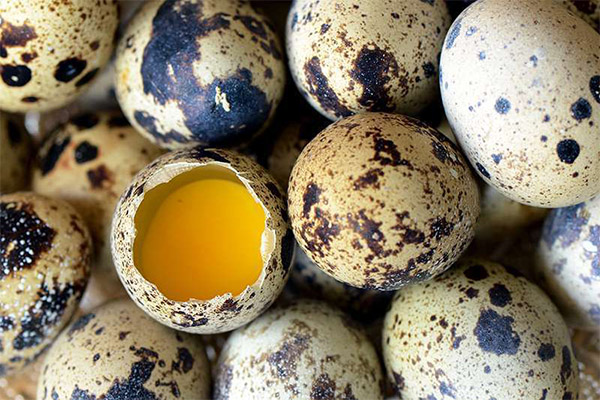
It is also recommended to store quail eggs in the refrigerator, in the vegetable compartment. Before eating them, be sure to rinse them with warm water. Unlike chicken eggs, they can be eaten even in raw form.
What harm can come from stale eggs
Eggs are the third perishable food after meat and milk. Egg poisoning can occur due to the development of Salmonella bacteria. The incubation period is only 72 hours, the pathology develops in minutes, and the victim can die if the first aid is not provided. A greater chance of contracting salmonella can be from eating raw eggs, which contain the bacteria (on the inner shell) under the protective film.
It is now common among consumers to eat quail eggs. It is impossible to catch salmonella bacteria from them, because the egg coming out of quail eggs has a temperature of 40 degrees, at which all bacteria and germs die. Therefore, these days it is best to use quail eggs for cold snacks and salads, they are nutritious and have good taste. Their only disadvantage is the high price, which not everyone can afford.
If you have frequent allergic reactions to any food, you should use a dietary fresh egg. The longer it has lain, the more likely you are to be allergic. In stores or at the market, if possible, choose only clean eggs, without traces of chicken droppings, as dirt indicates poor sanitation and maintenance of birds.
Concluding remarks
The article described all the rules for storing chicken and quail eggs, as well as the necessary recommendations on their purchase and a few simple ways to check the freshness. By following these simple and very simple rules, you will be able to quickly and thoroughly check the eggs for freshness, thereby protecting yourself and your loved ones from dangerous consequences. In today's world, the most important thing is the quality and purity of products, which in turn guarantee the safety of human health and overall well-being. If after buying eggs you doubt their quality and freshness, before adding them to any dish, dough or other snacks, break them first on a plate to be one hundred percent sure of their freshness. After breaking them, carefully examine the appearance of the egg, whether it is liquid or has an unpleasant odor. The hard yolk should be bright yellow, with light transparency, and the white should not be blurred. Throw away the shells right away to prevent bacteria from getting into the main dish.
If the recipe adds eggs in raw form, be sure to use only dietary, fresh or homemade eggs. At the market or in the store when buying eggs be sure to ask their expiration date, choose only fresh and refuse those that are nearing the end of their shelf life. Be attentive and take care of your health and the health of your family.
«Important: All the information on this site is provided for information purposes only. purposes. Consult with your health care professional before applying any recommendations. specialist before using the recommendations. Neither the editors nor the authors shall be liable for any possible harm caused by materials."


